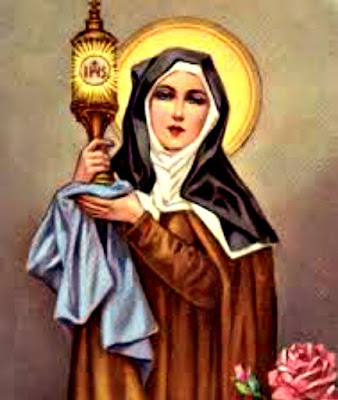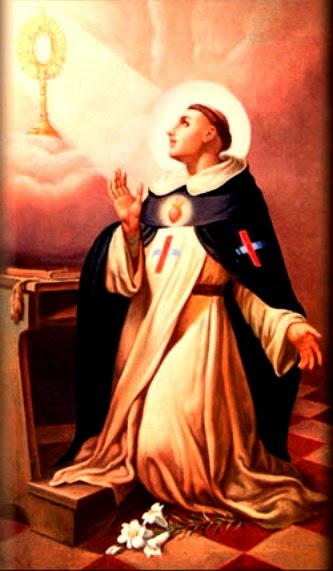How Will the Mass Change?
LOS ANGELES — The head of the U.S. bishops’ Committee on the Liturgy expects a showdown in Los Angeles this week.
After years of disputes over the English that is used in the 1970 English translation of the Order of the Mass, the bishops’ conference will vote on a proposed new translation of the Order of the Mass that is intended to be more faithful to the original Latin and more fitting for worship. Extensive debate is expected between bishops in favor of a more sacred, noble style and those who want simpler, more contemporary language.
The bishops, who will meet for their annual spring meeting June 15-17, are considering a new translation of the Order of the Mass proposed by the International Commission on English in the Liturgy (ICEL). That’s the panel created during the Second Vatican Council by the bishops’ conferences of 16 English-speaking nations to translate the Missal from the Latin. The Holy See published a new version of the Roman Missal in Latin in 2002, prompting the need for a new translation.
The English text that everyone is familiar with dates to 1970, when ICEL produced a translation of the new “post-Vatican II” Order of the Mass. Since then, some Catholics have complained that this translation is banal and mundane. Lay groups such as Adoremus, a society devoted to liturgical issues, have lobbied for more accurate translations. A comparison of the original Latin with two different English translations of part of Eucharistic Prayer I shows what’s at stake:
The Latin text: “hostiam puram, hostiam sanctam, hostiam immaculatam, Panem sanctum vitae aeternae.” ICEL’s 1970 translation: “this holy and perfect sacrifice: the bread of life.” Credo’s translation: “a pure victim, a holy victim, a spotless victim, the holy Bread of eternal life.”
Credo is a society of priests dedicated to the faithful translation of the liturgy which proposed a translation of the Order of the Mass in 1993. [More]
After years of disputes over the English that is used in the 1970 English translation of the Order of the Mass, the bishops’ conference will vote on a proposed new translation of the Order of the Mass that is intended to be more faithful to the original Latin and more fitting for worship. Extensive debate is expected between bishops in favor of a more sacred, noble style and those who want simpler, more contemporary language.
The bishops, who will meet for their annual spring meeting June 15-17, are considering a new translation of the Order of the Mass proposed by the International Commission on English in the Liturgy (ICEL). That’s the panel created during the Second Vatican Council by the bishops’ conferences of 16 English-speaking nations to translate the Missal from the Latin. The Holy See published a new version of the Roman Missal in Latin in 2002, prompting the need for a new translation.
The English text that everyone is familiar with dates to 1970, when ICEL produced a translation of the new “post-Vatican II” Order of the Mass. Since then, some Catholics have complained that this translation is banal and mundane. Lay groups such as Adoremus, a society devoted to liturgical issues, have lobbied for more accurate translations. A comparison of the original Latin with two different English translations of part of Eucharistic Prayer I shows what’s at stake:
The Latin text: “hostiam puram, hostiam sanctam, hostiam immaculatam, Panem sanctum vitae aeternae.” ICEL’s 1970 translation: “this holy and perfect sacrifice: the bread of life.” Credo’s translation: “a pure victim, a holy victim, a spotless victim, the holy Bread of eternal life.”
Credo is a society of priests dedicated to the faithful translation of the liturgy which proposed a translation of the Order of the Mass in 1993. [More]




Comments
Post a Comment
Comments are moderated and are published at the blogger's discretion.